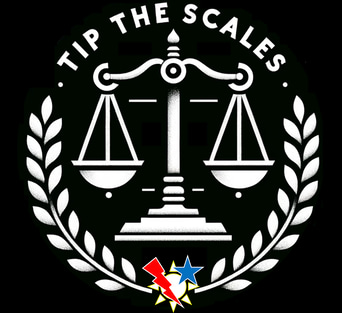Deciding Your Path: Choosing the Right Army Branch as an ROTC or West Point Graduate
When you're on the brink of graduating from ROTC or West Point, one of the most significant decisions you'll face is selecting your Army branch. This choice is more than just a job selection; it's a pivotal moment that sets the tone for your military career.
1/26/20243 min read


As you stand poised to graduate from ROTC or West Point, you're faced with a decision that is both exhilarating and monumental: selecting your branch in the Army. This choice is the first major step in your military career, where you align your aspirations, skills, and the Army’s needs to carve out your unique path in the service. In this dynamic and comprehensive guide, we delve into the 17 Army branches, each with its unique challenges and opportunities, to help you make an informed and strategic decision.
1. Infantry. The quintessential combat arm, Infantry officers lead from the front, embodying the warrior spirit. They are at the heart of ground operations, orchestrating tactical maneuvers and engagements.
2. Armor. Armor officers helm the Army’s powerful tank units, mastering mechanized operations and armored warfare tactics. They are the driving force in armored combat, shaping battlefield dynamics.
3. Aviation. These officers soar into action, piloting Army aircraft in diverse missions. Aviation officers blend aeronautical prowess with tactical acumen, overseeing critical air operations.
4. Field Artillery. Field Artillery officers are the Army’s firepower experts, coordinating precision strikes and supporting ground troops. Their strategic use of artillery shapes the battlefield landscape.
5. Engineer. Engineer officers are the problem-solvers, handling construction, demolition, and terrain management. Their expertise supports all facets of Army operations, from fortifications to infrastructure.
6. Signal Corps. In the digital age, Signal Corps officers are vital, ensuring seamless communication across the Army. Their management of sophisticated networks and systems is crucial for command and control.
7. Military Intelligence. Intelligence officers are the strategic thinkers, gathering and analyzing information to guide operations. They play a pivotal role in security, leveraging cutting-edge technology and analytical prowess.
8. Military Police. Military Police officers maintain order, enforcing regulations and providing security. Their law enforcement role is vital for discipline and the safety of Army personnel.
9. Adjutant General Corps: As the human resource specialists, these officers manage the Army’s most valuable asset – its people. They are central to personnel administration and welfare.
10. Finance Corps. Finance officers navigate the Army’s fiscal landscape, managing budgets and financial operations. Their expertise ensures sound financial practices and resource allocation.
11. Quartermaster Corps. Quartermaster officers are the logistics wizards, orchestrating supply chain management. They ensure troops are well-equipped and supplied, a critical component of operational success.
12. Transportation Corps. Transportation officers oversee the movement of personnel and materiel, a logistical linchpin in Army operations. Their coordination of various transportation modes is essential for strategic mobility.
13. Ordnance Corps. Ordnance officers manage the Army’s arsenal, ensuring weapon systems are combat-ready. They oversee maintenance, storage, and disposal of sophisticated armaments.
14. Chemical Corps. In the realm of CBRN, Chemical Corps officers are the defenders, developing strategies against unconventional threats. They provide expertise in hazardous environments, safeguarding troops and civilians.
15. Medical Service Corps. These officers are the backbone of Army healthcare, spanning various medical disciplines. They oversee medical facilities and personnel, ensuring the health and readiness of soldiers.
16. Judge Advocate General's Corps (JAG). JAG officers are the legal eagles of the Army, upholding justice and providing legal counsel. They navigate the legal intricacies within the military framework.
17. Cyber Corps. Cyber Corps officers combat digital threats, safeguarding the Army’s cyber domain. They lead cybersecurity operations, defending against cyber attacks and maintaining information integrity.
Each branch offers a unique gateway to serving your country, and your choice will define your role in the Army’s mission. This guide aims to illuminate the paths available, helping you to embark on a journey that aligns with your strengths and passions, setting the stage for a fulfilling military career.
Choosing your Army branch as a ROTC or West Point graduate is a thrilling and defining moment. This guide provides a lens into the diverse opportunities within the Army, encouraging you to make a choice that resonates with your personal vision and ambitions. As you embark on this journey, let your decision be a reflection of your commitment to excellence, leadership, and service.
